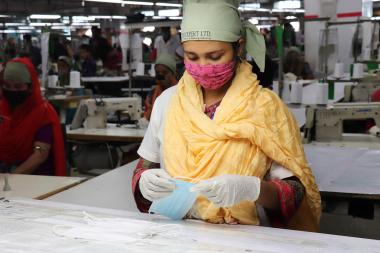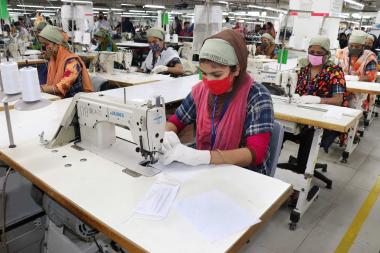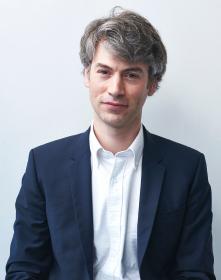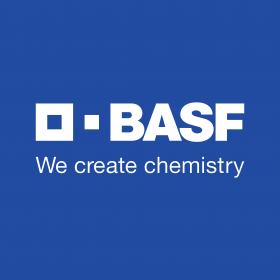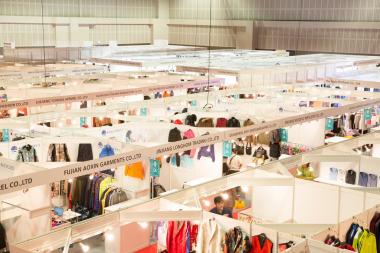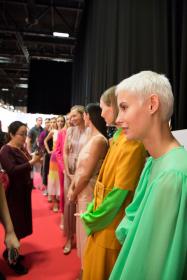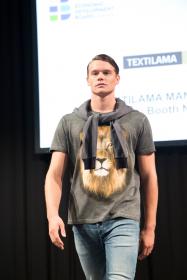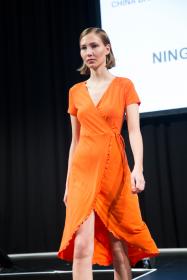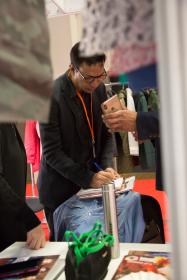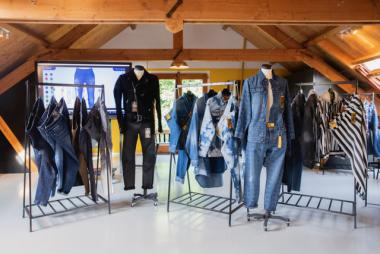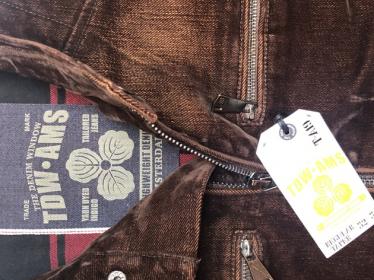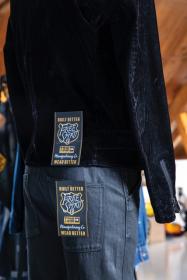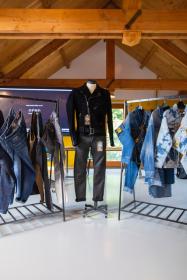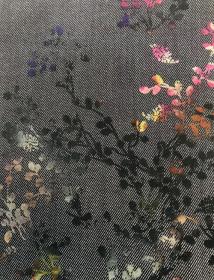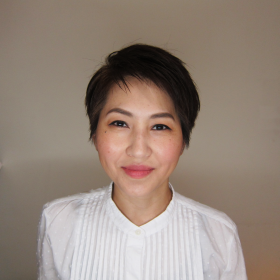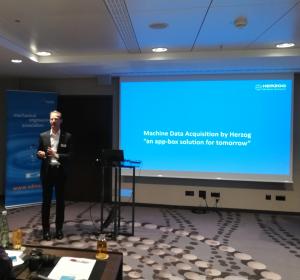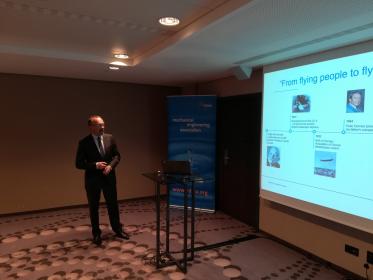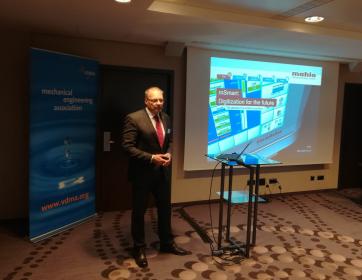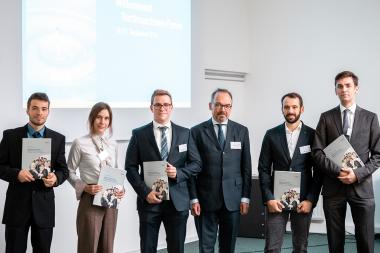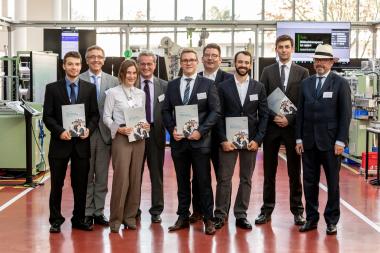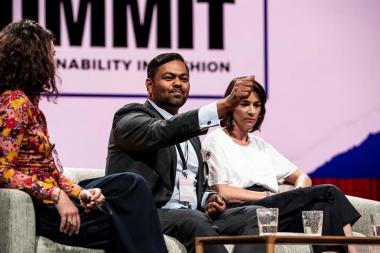CHEMLOGIS and SANITIZED AG: New strategic sales partnership for the Sanitized® antimicrobial polymer additives in Mexico
Mexico and Switzerland - SANITIZED customers in the polymer industry in Mexico will profit from CHEMLOGIS’s expertise and established sales network. The Sanitized® antimicrobial additives for hygiene function and material protection for polymers will be marketed in Mexico by our new sales partner.
SANITIZED and CHEMLOGIS, two experts in their fields with similar understanding of values, have joined forces; both deal in high-performance products for the Polymer industry combined with the best possible service, which begins with the conception of value-added products and their optimum use. This collaboration with SANITIZED is a good fit for the portfolio as both companies focus on innovative, customer-specific solutions.
With the addition of the antimicrobial Sanitized® additives at CHEMLOGIS, the Polymer industry gets a new overall package, offering more than just products for hygiene function and material protection. As an addition to the core product services, SANITIZED supports development and production, regulatory queries and marketing through the use of the Sanitized® Ingredient Brand, which characterizes the end products within their differentiation and emphasis on quality.
The antimicrobial additives for Polymers from SANITIZED protect end products from bacterial infestation, growth of algae and mildew, material degradation, biofilms, pink stain, and odors caused by microbes. The Polymer industry uses the antimicrobial additive in flooring, industrial coatings, artificial leather, roof membranes, pool liners, tarpaulins, and all extruded products.
“Everyone at CHEMLOGIS is very excited to partner with SANITIZED for the sale of their antimicrobial products to the Polymer processors in Mexico. Together we bring a highly focused approach to customer´s needs in terms of technology service and products” says CHEMLOGIS’s CEO Ing. León Freiman K.” “The technical competence and the strong customer focus impress me about CHEMLOGIS”, says Michael Lüthi, Head of BU Polymer at SANITIZED AG.
EMG

















